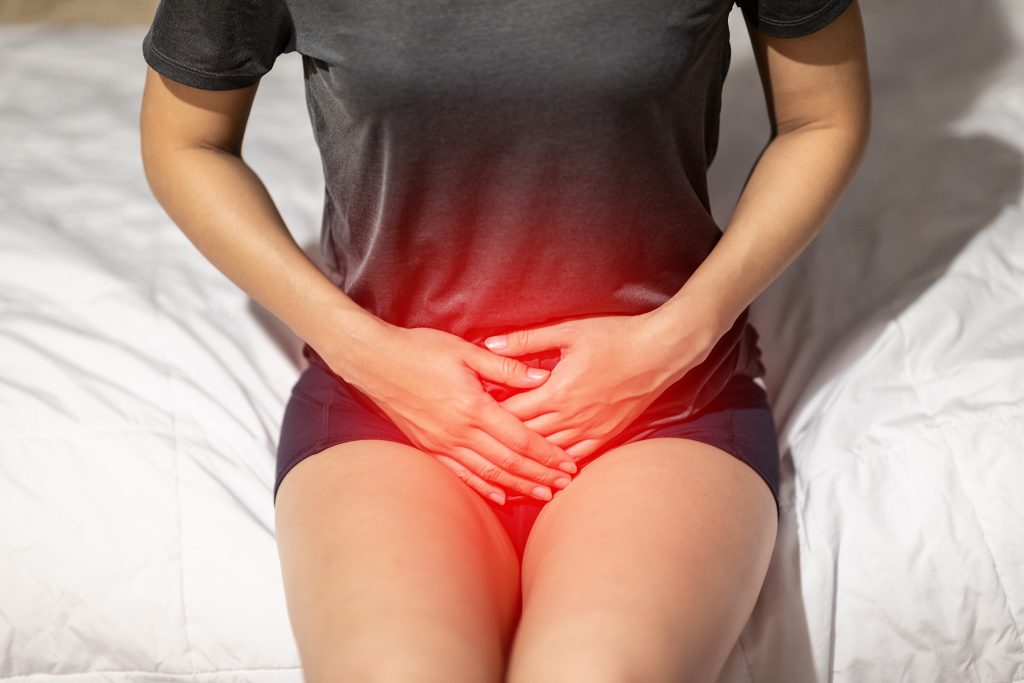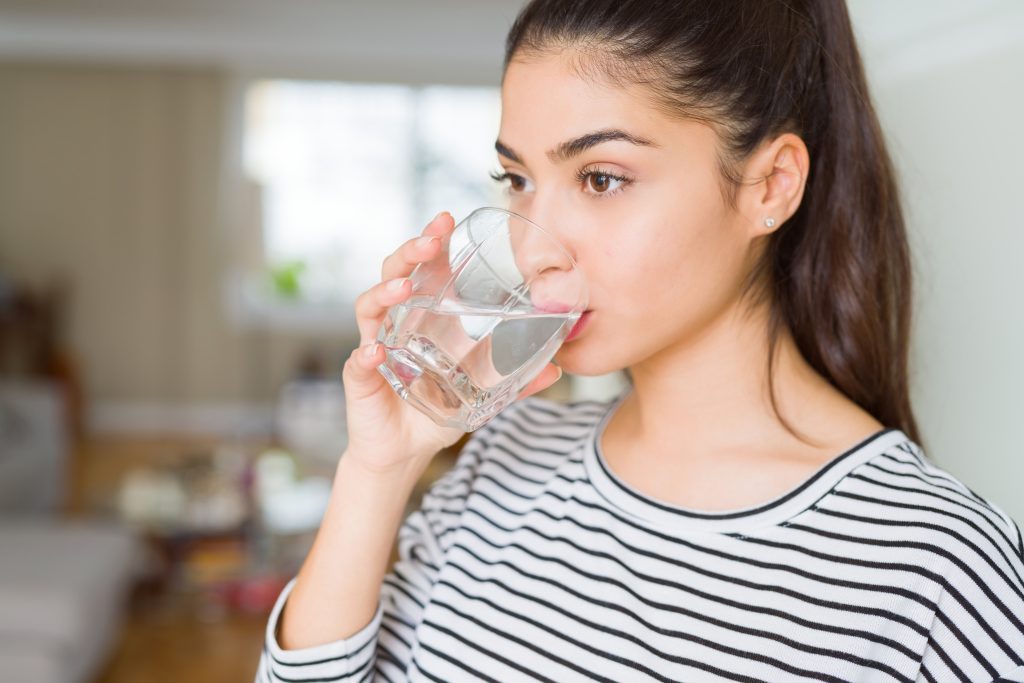November 4, 2021
Can a UTI Go Away on Its Own?
Urinary tract infections (UTIs) are highly common and can be treated with antibiotics. However, sometimes antibiotics do not work, in which case you may need other treatments. Some people are curious to learn whether UTIs can clear on their own without medicines.
Can a UTI clear up on its own and how long can it last? Keep reading to learn the answers to these questions, and to find out where you can go to receive treatment for a UTI.
What Is a UTI?
A UTI occurs when bacteria enter the urethra to infect the urinary tract. A UTI can affect your bladder, kidneys, urethra, and ureters.
A UTI is when bacteria has entered the urinary tract and causes you symptoms such as pain and pressure in the lower pelvis, frequent urge to urinate, painful urination, and strong or foul-smelling urine.
Anyone can get a UTI, though this infection is four times as common in women as in men, according to the National Library of Medicine.
Other risk factors for a UTI include:
- Being sexually active
- Going through menopause
- Using diaphragms or spermicidal agents for birth control
- Having diabetes
- Having a spinal cord injury
- Having kidney stones
- Having a suppressed immune system
- Using a catheter to urinate
- Poor hygiene
- Pregnancy
Can UTIs Resolve on Their Own?
According to a 2014 study published in JAMA, UTIs can resolve on their own within one week without antibiotics in 25% to 50% of women with these infections.
The body can fight a urinary tract infection on its own by recruiting white blood cells to kill the bacteria.
A UTI may resolve on its own if the infection is mild, or if you do not have a history of multiple past infections. A UTI may also resolve on its own if you take steps to clear bacteria from your urinary tract. This may include drinking more water than usual, urinating as soon as you feel the urge, and avoiding sprays, powders, and douches that can introduce bacteria to the urinary tract.
Many doctors advise against waiting for a UTI to resolve on its own, given how it can lead to complications if it doesn’t go away. Complications of a UTI include:
- Kidney damage
- Birth complications, including low birth weight or premature birth
- Urethral narrowing in men
- Sepsis, or blood poisoning, which causes a serious infection
How to Get Rid of a UTI on Your Own
You can try several methods at home to get rid of a UTI on your own. However, if your symptoms persist after trying these methods, discuss other possible treatments with your doctor.
Increase your water intake, avoid holding urine for long periods of time, engage in good urinary hygiene- women should wipe from front to back after urinating, urinate after sexual intercourse, and take a daily probiotic.
Other steps you can take to clear a UTI on your own include:
Showering Instead of Bathing
Sitting in a bathtub can increase your risk of a UTI, especially if your bathtub is dirty or you use bath products with dyes, perfumes, and other toxic ingredients. Start taking showers instead of baths to clear your UTI more quickly.
Drinking Cranberry Juice
Cranberry juice can prevent the progression of urinary tract infections.
Cranberries contain certain compounds that are effective at fighting and clearing bacteria from the urinary tract, according to a 2012 study published in Clinics. Try drinking 100% cranberry juice that does not contain sugars, food colorings, or other additives.
Take Probiotics and Vitamin C Supplements
Probiotics and vitamin C may help flush bacteria from the urinary tract to clear away UTIs. Probiotics contain “healthy” live bacteria that can destroy bad bacteria, while vitamin C can strengthen your immune system to fight disease and infection. Ask your doctor for recommendations on the best probiotics and vitamin C supplements you can take to make your UTI go away on its own.
Keep in mind that while you’re trying to clear a UTI on your own, you may still experience symptoms. Symptoms of a UTI include:

- A strong urge to urinate
- A persistent need to urinate
- A burning sensation when urinating
- Cloudy urine
- Pink, red, or dark urine
- Urine with a strong odor
- Passing small amounts of urine
How Long Does a UTI Last Without Antibiotics?
A UTI can last several days up to a week without antibiotics. If symptoms are persisting longer than a week then antibiotics are typically necessary.
However, this timeframe may vary based on factors including the severity of the infection and whether you have other medical conditions that can delay healing.
Certain lifestyle behaviors can also play a role in how long a UTI can last untreated or without antibiotics.
 Lifestyle behaviors that can prevent your UTI from clearing on its own include:
Lifestyle behaviors that can prevent your UTI from clearing on its own include:
- Taking baths instead of showers, due to how bathwater may contain bacteria that enter the urinary tract.
- Using beauty products near the genitals that contain harmful toxins like dyes and perfumes.
- Wiping from back to front, as bacteria from the anus or stool can enter the urethra.
- Failing to urinate after sexual activity, as this reduces bacteria near the urethra.
- Not drinking enough water, as water is essential to clear bacteria from the urinary tract.
- Using diaphragms or spermicidal condoms that can introduce bacteria to the urethra.
Your doctor may give you a more accurate expectation regarding how long your UTI may last without antibiotics.
When It’s Time to See Your Doctor
See your doctor if your UTI symptoms persist or worsen after a few days of trying to treat it on your own. Your doctor can evaluate the severity of your UTI and prescribe the best course of treatment to prevent complications.
If antibiotics are not working to treat your symptoms, your doctor may try different antibiotics or recommend other home remedies you haven’t tried.
DISCLAIMER
The information featured in this site is general in nature. The site provides health information designed to complement your personal health management. It does not provide medical advice or health services and is not meant to replace professional advice or imply coverage of specific clinical services or products. The inclusion of links to other web sites does not imply any endorsement of the material on such websites.



